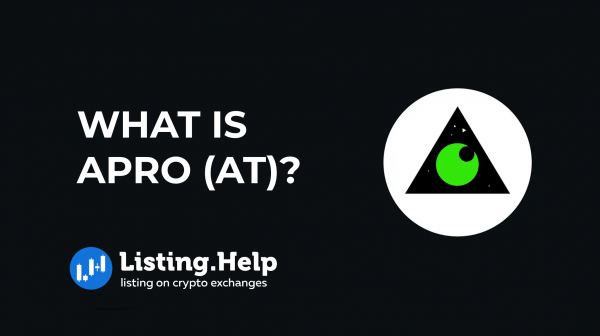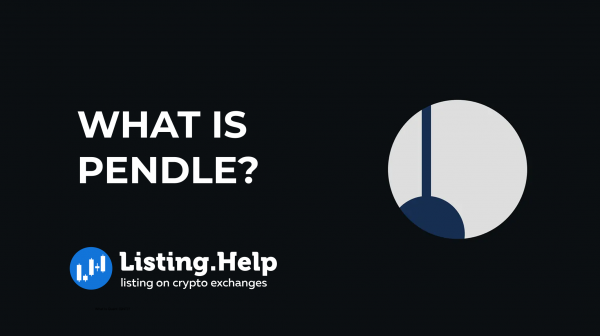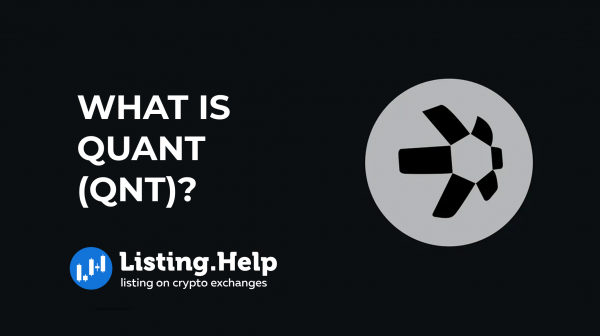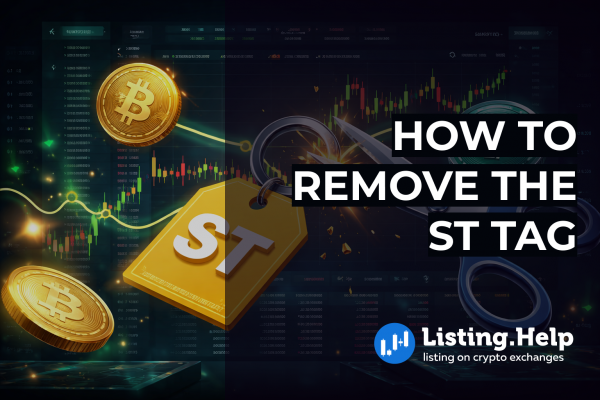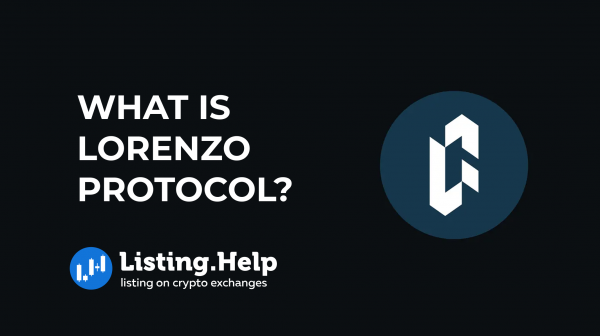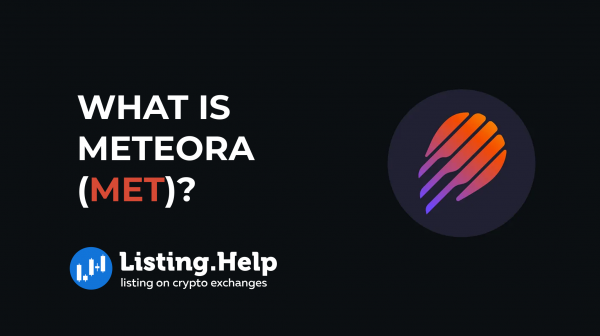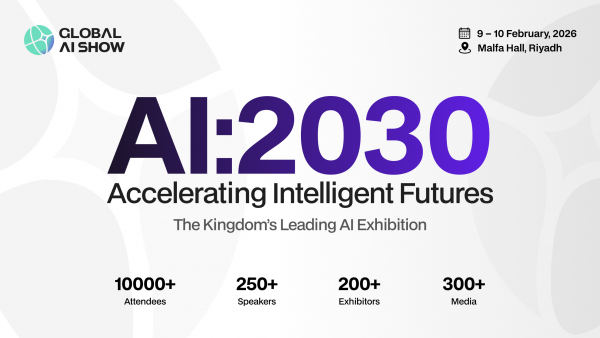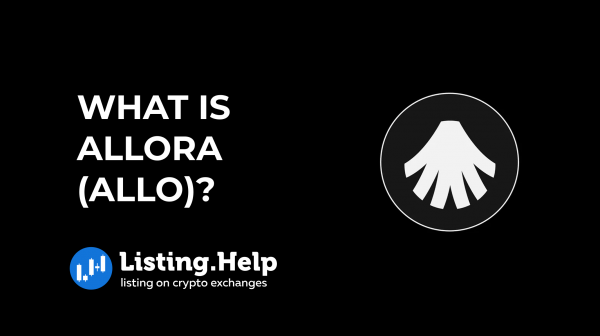What is a Decentralized Autonomous Organization (DAO)?
 August 18, 2024
August 18, 2024 Updated: January 26 2025, 07:13
Updated: January 26 2025, 07:13
LEAVE A REQUEST
Launching your own token project? Our experts are ready to help with listing on exchanges, market making, marketing and other solutions
SUBMIT APPLICATIONA decentralized autonomous organization (DAO) operates on blockchain technology, providing a framework for collective management through its code.
Unlike traditional organizations, which are controlled by boards, committees, and executives, DAOs are governed by rules embedded in their code. These rules are enforced by the network of computers that run the shared software, ensuring that no single group holds control.
To participate in a DAO, individuals must first acquire its cryptocurrency. Ownership of this asset typically grants them voting rights on various proposals and updates, with their influence determined by the amount they hold.
How DAOs Work?
DAOs function primarily through smart contracts, which are scripts designed to automate decision-making processes once a specific threshold of votes is reached. If a proposal within the group fails to garner the required support, the smart contract simply does not execute any action. For example, if a DAO governs a cryptocurrency and a group of members proposes changes to the blockchain’s tokenomics — such as increasing the coin supply, burning reserve tokens, or issuing rewards to current holders — a voting process would be initiated.
Members would put forward a proposal and call for a vote, which would then be communicated to all eligible voters within the DAO. These members would cast their votes, and the smart contract would count them. Depending on the nature of the proposal, especially if it involves changes to the blockchain’s code, the process might not be fully automated. However, the vote’s outcome would steer the future course of the blockchain. In cases where the vote pertains to spending tokens from the DAO’s treasury on a project, the smart contract could automatically handle the token transfer to the designated parties.
Voting power within a DAO is typically linked to the number of tokens a member holds. For instance, a user possessing 100 tokens would have double the voting influence compared to another user with 50 tokens.
The concept behind DAOs is that members with significant financial stakes are motivated to act in the organization’s best interest. If a member controls a large portion of the voting power, they might be tempted to act against the group’s interests. However, if the DAO is designed to penalize such behavior, the member risks diminishing the value of their own holdings.
These decentralized organizations usually maintain treasuries holding tokens that can be converted into fiat currency. Members can vote on how to allocate these funds. For example, if the group aims to acquire rare NFTs, participants might decide whether to use treasury assets for such purchases.
What is an Investment DAO?
An investment DAO enables its members to collectively decide how and where to allocate its funds. These investments can range from real estate to DeFi opportunities or any other asset the group agrees on. By adopting the Decentralized Autonomous Organization (DAO) model, this approach decentralizes and democratizes the entire investment process.
Traditional investment models concentrate decision-making power in the hands of a small group of money managers, such as those in VC funds, family offices, or hedge funds. In contrast, investment DAOs allow anyone who holds its governance tokens to participate in the decision-making process. Rather than relying solely on the expertise of a select few, this model values the collective input of the broader community when making investment choices.
Advantages of DAOs
There are several compelling reasons why a group or organization might opt for a DAO structure. The benefits of this approach include:
– Decentralization: Instead of relying on a central authority, decisions within a DAO are made collectively by its members. This contrasts with traditional organizations where power is concentrated in the hands of a CEO or a small board of directors. A DAO distributes authority across a much broader base, allowing for more diverse input.
– Participation: Members of a DAO often feel more connected and empowered because they have a direct say in the organization’s decisions. Even if an individual’s voting power is limited, the structure of a DAO encourages active participation. Token holders can vote, burn tokens, or use their influence in ways they believe will benefit the organization.
– Transparency: Voting in a DAO is conducted on the blockchain, making all votes publicly accessible. This transparency encourages members to act in the best interest of the organization, as their decisions are visible to everyone. Public accountability discourages actions that could harm the community.
– Community: DAOs can unite people from across the globe to work towards a shared vision. With just an internet connection, members can collaborate regardless of their location, fostering a strong, worldwide community.
Challenges of DAOs
However, DAOs are not without their drawbacks. There are significant risks associated with poorly designed or managed DAOs, including:
– Slow Decision-Making: In a traditional company, a CEO might make decisions quickly, with minimal input from others. In a DAO, every member has the opportunity to vote, which can significantly slow down the process. Time zones and varying priorities can further extend the voting period, delaying important decisions.
– Education: A DAO must ensure its members are well-informed about ongoing matters. Unlike a traditional company where a single CEO may make decisions, DAOs involve members with diverse educational backgrounds and levels of understanding. This diversity can create challenges in communication, strategy development, and decision-making.
– Inefficiency: The need to educate voters, communicate strategies, and onboard new members can make DAOs inefficient. These organizations often spend considerable time discussing changes rather than implementing them. The administrative burden of coordinating a large, diverse group can hinder progress.
– Security Risks: Like all digital platforms, DAOs face significant security challenges. Implementing a DAO requires technical expertise to ensure secure voting and decision-making processes. If security is compromised, trust can be eroded, leading members to leave the organization. Even with security measures like multi-signature wallets, DAOs remain vulnerable to exploitation, potentially resulting in the theft of treasury funds or emptying of vaults.
Conclusion
Although DAOs are a relatively recent concept, they have the potential to fundamentally change how we think about organizations, governance, and decision-making. By removing the need for central authorities and making processes transparent and automated, DAOs offer a new way to manage resources and collaborate on a global scale.
However, like any emerging technology, DAOs come with their own set of risks and challenges. As they evolve, we may see more innovative solutions and applications addressing the current limitations. Regardless of the scale of your project, DAOs could eventually offer a more democratic and efficient method to achieve your objectives.

For more insights and updates on the crypto world, don’t forget to check out our blog at Listing.Help




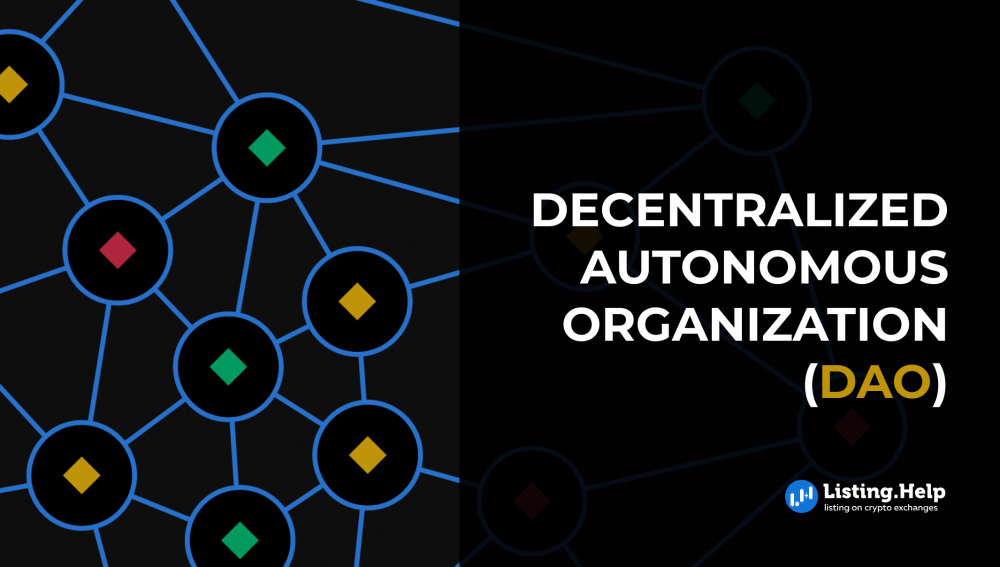

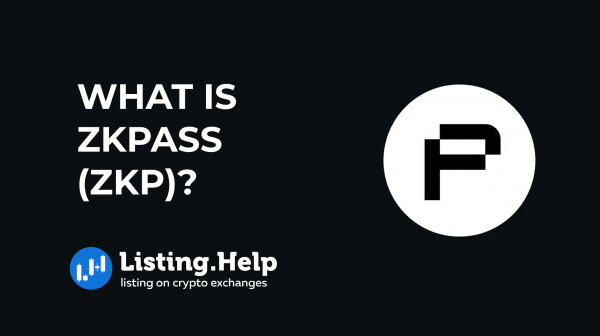
 February 19, 2026
February 19, 2026 